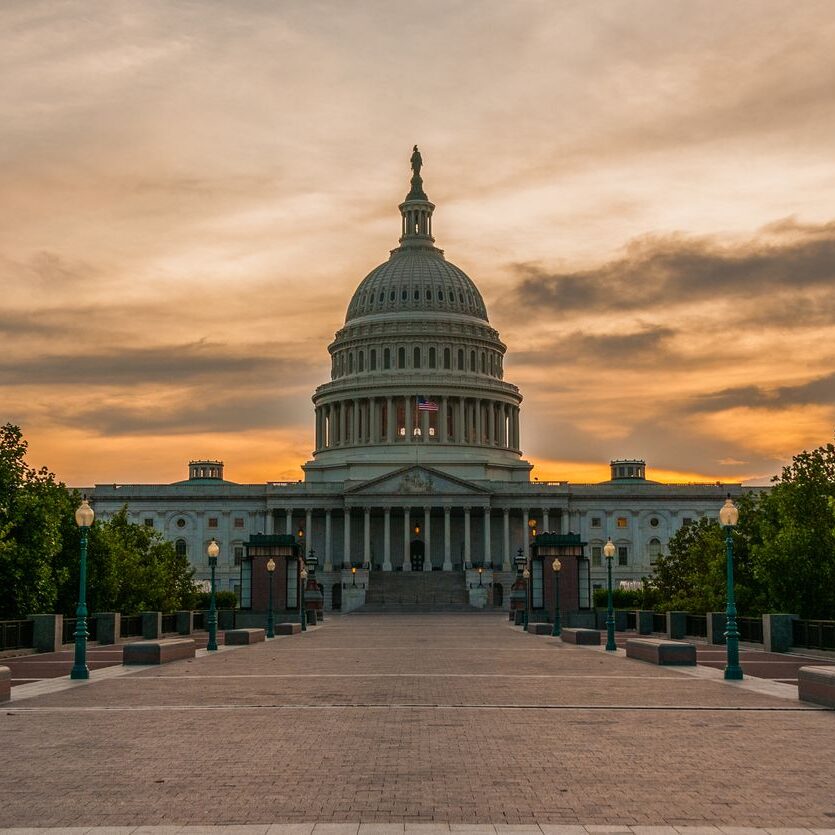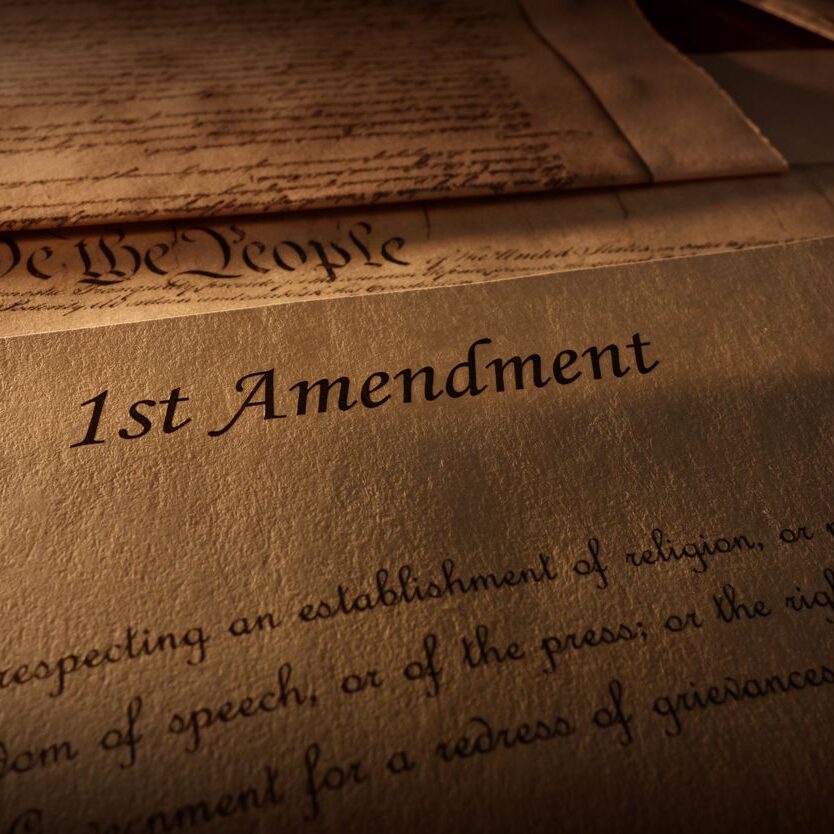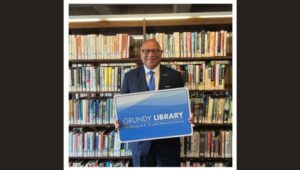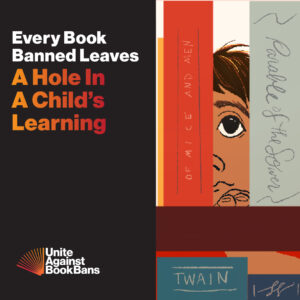What's New at PA Forward®
Bucks County Today Article – July 18, 2024
Read MoreRemoving and banning books from public libraries is a slippery slope to government censorship and the erosion of our country’s […]
Read MorePa Forward(R) is excited to announce the launch of a virtual programming library. Watch high quality library programming brought to […]
Read MoreCivic and Social Literacy
How is civic and social literacy defined?
Engaging in discourse while remaining respectful of other individuals of varying opinions; understanding the importance of community engagement which allows individuals to interact with one another, in a participatory manner; invoking societal change.
Good readers make good citizens. Regular readers are more than twice as likely as non-readers to volunteer or do charity work.
Good readers make good citizens. Regular readers are more than twice as likely as non-readers to volunteer or do charity work.

Greater civic knowledge is the leading factor in promoting the kind of active civic engagement that has proven to be emblematic of effective citizenship..
Only a quarter of Americans can name all three branches of government; nearly a third of Americans cannot name any of the three branches of government.


Survey after survey shows that recent college graduates are alarmingly ignorant of America’s history and heritage. They cannot identify the term lengths of members of Congress, the substance of the First Amendment, or the origin of the separation of powers.




